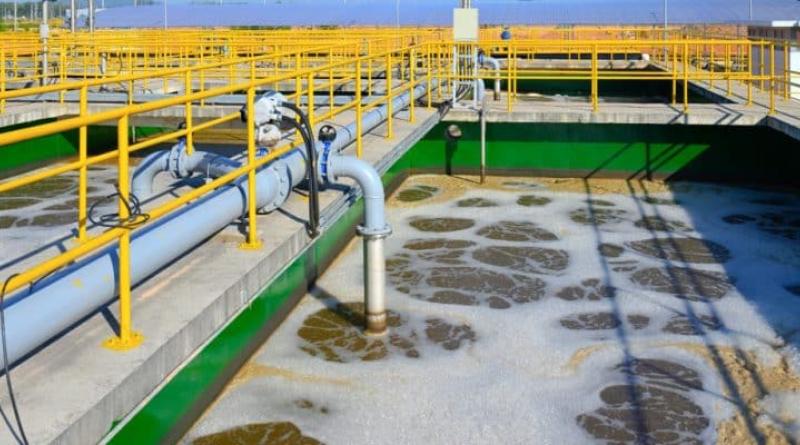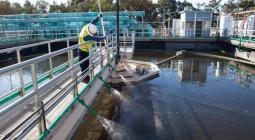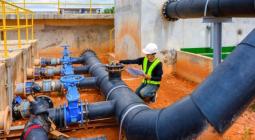TUNISIA: Kasserine wastewater treatment plant to go operational before end of 2023

Faced with increasing wastewater pollution in Kasserine, in central-western Tunisia, the government is speeding up construction work on the town's future wastewater treatment plant. The plant should enable effluent to be treated before being returned to the natural environment.
In the town of Kasserine, in central-western Tunisia, a new wastewater treatment plant should be operational by the end of 2023. This was the assurance given recently by Mohiddine Mansri, Director of Projects for the Regional Sanitation Authority in the governorate of Kasserine, of which Kasserine is the capital. “The work, which began in 2022, will be completed in the fourth quarter of 2023,” promised Mohiddine Mansri.
The future treatment plant will have a capacity of 3,800 m3 per day, enough to handle the wastewater of 50,000 people in the city of Kasserine. The outdated pumping stations will be replaced by new ones to supply the wastewater treatment plant.
The treatment plant, which will clean up the waterways in the city of Kasserine, is one of a series of plants to be built as part of the “Project to improve the water environment in local towns” launched in April 2022 by the National Sanitation Office (ONAS) in Tunisia. Béja, Jendouba, Siliana, Le Kef, Bizerte, Zaghouan, Sidi Bouzid, Kébili and Sfax will also benefit from this project. It will also modernise and extend the capacity of five wastewater treatment plants in the governorates of Tabarka, Béja, Jendouba, Medjez El Bab and Siliana. The wastewater treated at these plants is returned to nature.
Onas will also be rehabilitating and extending 662.4 km of pipes and 43 pumping stations in the 10 governorates concerned. The public company will also acquire equipment for operating and maintaining the sewerage facilities. The work is being financed by a loan of 239 million Tunisian dinars (over €71 million) from the Japan International Cooperation Agency (JICA).





